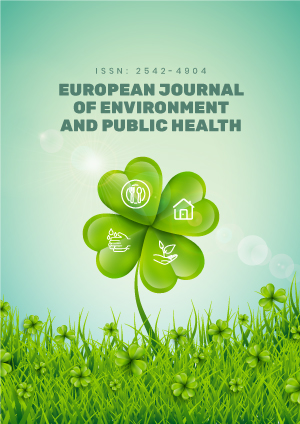Abstract
Artificial intelligence (AI) methods have become prevalent in the healthcare sector for patient risk assessment, medication discovery and disease diagnosis. Intelligent healthcare systems and a variety of duties related to patients can benefit from AI. For accurately diagnosing illnesses using AI techniques, an extensive variety of health data sources are required, which includes genetics, computed tomography tests, ultrasound, electromagnetic resonance imaging, mammograms etc. We discussed the role of AI in developed and developing nations and also the regulative issues and perspectives in health science. This article is based on an analysis of numerous studies and research publications providing information for early illness prediction for different kinds using AI-based methods. This article explores how AI might improve healthcare by looking at cutting-edge technologies, inventive applications, challenges and upcoming seismic shifts. AI-enabled virtual health assistants have the potential to drastically alter the way healthcare is delivered.
License
This is an open access article distributed under the Creative Commons Attribution License which permits unrestricted use, distribution, and reproduction in any medium, provided the original work is properly cited.
Article Type: Review Article
EUR J ENV PUBLIC HLT, Volume 9, Issue 1, 2025, Article No: em0167
https://doi.org/10.29333/ejeph/15905
Publication date: 29 Jan 2025
Article Views: 728
Article Downloads: 545
Open Access References How to cite this article
 Full Text (PDF)
Full Text (PDF)